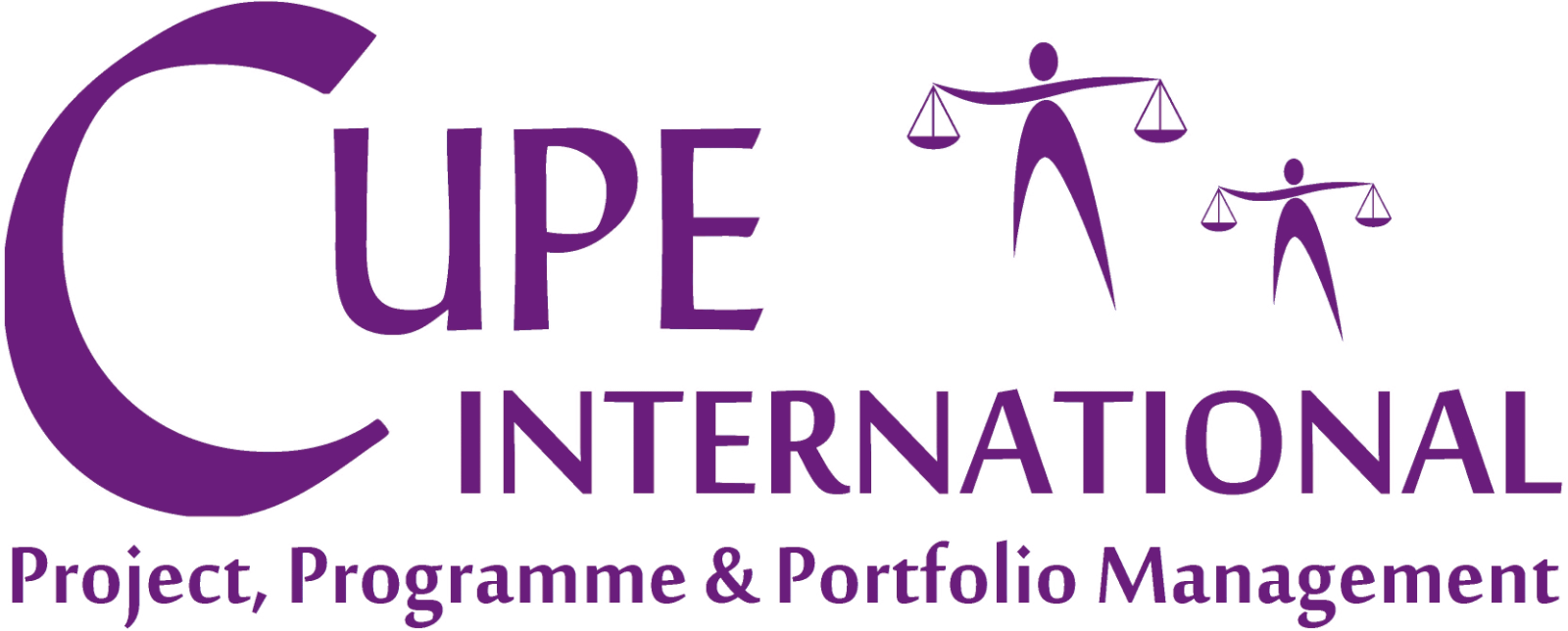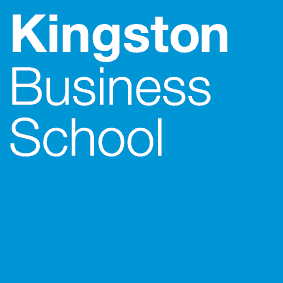Road to Chartered:
Proposal for Kingston Business School Chartered Support Offer to MBA Students


Background
Today’s VUCA business environments require a wide range of skills which can be applied with agility. The skills need to be demonstrable to employers, in terms of knowledge and competence. Thus, courses which result in qualifications and those which demonstrate competence are essential. Pandemic and post-pandemic economic pressures will make short/executive courses more attractive, including with virtual delivery.
Becoming a Chartered Professional will enable the students to have a status which is recognised irrespective of the institution at which they have studied. Depending on the knowledge and experience levels of the students one of three Charter options (Chartered Management Consultant, Chartered Manager and Chartered Project Professional) can be chosen.
Specific benefits
Chartered Professionals offer businesses the opportunity to have individuals who bring recognised knowledge and experience. There are benefits to the students, Kingston Business School and CUPE International.
Specific benefits to each party are shown below:
Students will have the choice from three Chartered options (Chartered Management Consultant, Chartered Manager and Chartered Project Professional) to add to their academic qualifications.
The benefits to students include:
- Students have a trusted source of additional recognition to add to their degree.
- Students have support to strengthen their employability post qualification.
- KBS will be a more interesting place to study.
- Students will have more to offer potential employers.
- Students have the option to become Chartered during their MBA or post MBA.
- Students have a clear pathway with input from experts.
- Students who are not ready have a plan to fill their gaps.
KBS will offer support for three Chartered options which can be offered to students.
KBS benefits include:
- Income can be generated from the support.
- KBS will increase visibility of its capabilities, making KBS more attractive than competitors.
- KBS will have subject experts available with up-to-date experience in relevant Charter areas.
- KBS will increase the richness of experience for students and important differentiation when they enter the employment market.
- Potential students will see KBS as committed to professionalism, not just the narrow topic.
- CUPE International will increase their reach through partnership.
- CUPE International will increase brand awareness which may lead to future business.
- CUPE International will have a venue available with good facilities for courses.
- CUPE International will have access to academics to discuss approaches and test theories.
Chartered Management Consultant, Chartered Manager and Chartered Project Professional Application Support
The process
The process shown in the roadmap diagram could be implemented to support the Masters students wishing to become Chartered Management Consultants, Chartered Managers or Chartered Project Professionals.
The opportunity to become Chartered will depend on the level of experience the individual has and the qualifications (for some). Each has different routes available and the application process session will cover the routes available and what is required for each. Fees are payable depending on the Charter and route being applied for. Each Charter option can utilise the same process which is adapted whether it is Manager, Consultant or Project Professional being applied for. The mock interview would be on a one-to-one basis.
Development work
There is development work which should be completed prior to being ready to deliver the support packages. This work is envisaged with the actions for each party shown below:
CUPE International Team

Stage 1:
- Liaise with Chartered organisations to engage their support to provide information and introductory sessions for the students.
- Prepare comparative presentations and test the information.
- Create standards sessions for each chartered option with examples and guidance of what is required.
Resources: 2 consultants x 5 days
Stage 2:
- Develop readiness tools for each Chartered standard. This includes the content and how to assess for each.
- Provide a link on the website for each readiness tool and possibly on the KU internal network.
- Create a process for Chartered Coaches to use for the gap filling plan review session – including checklist of what to consider.
- Create a template for the roadmap to Chartered which can then be tailored for each person who has a discussion with a Chartered Coach after undertaking the review of plan for gaps filling.
-
Resources: 2 consultants x 6 days
Stage 3:
- Prepare an advisory sheet to aid students to plan their application.
- Create a draft application template for each Chartered Standard for students to use prior to entering the application portal.
- Create a template for Chartered Coaches to complete the draft application review, for each standard.
- Prepare an advisory sheet to aid students who submit their written application but are not successful in proceeding to interview, for each standard.
- Create a template for Chartered Coaches to complete the mock interview feedback.
Resources: 2 consultants x 1.5 days
Total time = 2 consultants x 12.5 days
Kingston Business School Team
Actions for KBS to complete for the development work of the initiative to proceed would include:
- Agree the development work authorisation for payment
- Identify who is the liaison point at KBS to raise questions and link for internal actions (e.g. presentations content, use of branding, IT links, arrangements for webinars etc).
- Provide official positions for David Roberts and Sheila Roberts to enable the students and Awarding Bodies to recognise their ability to work on the initiative on behalf of KBS.

Proposal:
It is proposed that CUPE International submit fixed costs for half the development time (12.5 days) as the work will afford benefits to both KBS and CUPE International. It is also assumed that there is a level of optimism bias which will mean that the actual number of days required will increase but these would be absorbed by CUPE International.
KBS will make the students aware of the opportunities and manage timetabling of and invitations to the sessions.
KBS could cover the costs of the first cohort of 20 students to go through the process based on being able to use their experiences to inform future cohorts. This will take the form of lessons learned input, testimonials to use on the website and marketing, video interviews, etc. This will raise the awareness and attract more students to apply for the MBA in the future.
If KBS cover half the development costs and the first cohort of 20 students, it will require a total investment of £25,000. This would be recovered by additional MBA student applications for future cohorts.
Future cohorts will pay individually for stages 2 and 3 support. The amount is to be determined by KBS and will include £500 costs for CUPE support. It is suggested that initially the cost should be £775 per person, which is cheaper than others available on the market.
In recognition of students who may not be ready to proceed to application after stage 2 the payment should cover students for a 3-year period of support from the time they enter stage 2. This will enable them to gain both knowledge and experience required for their application.


